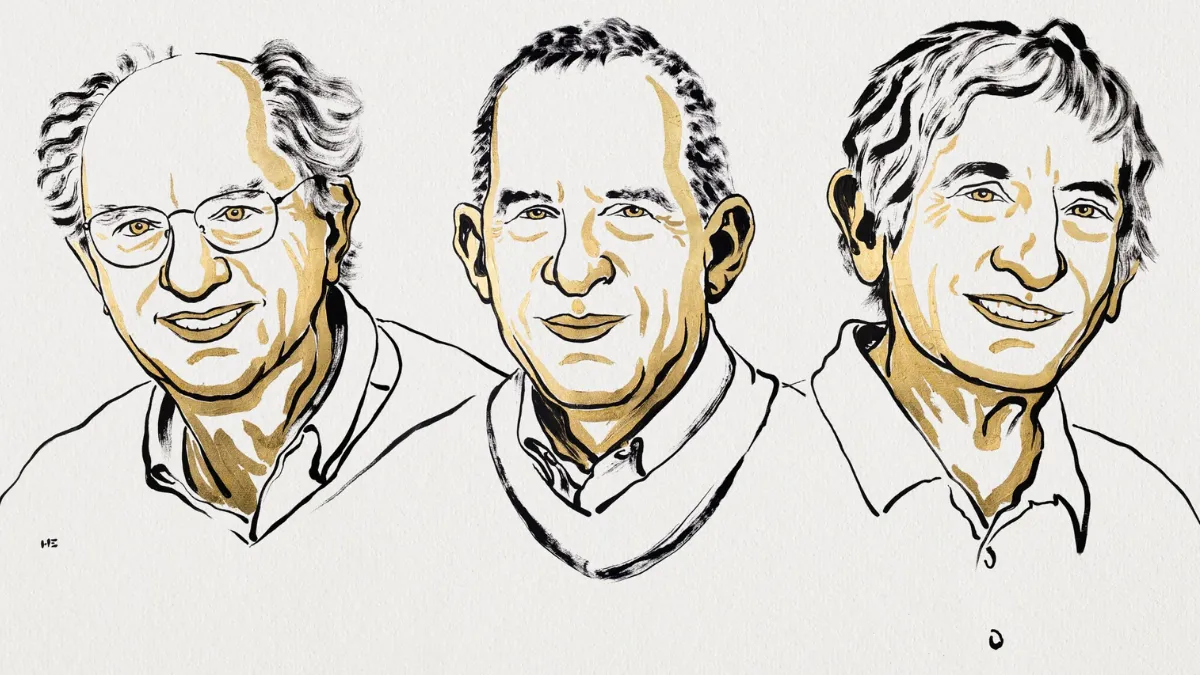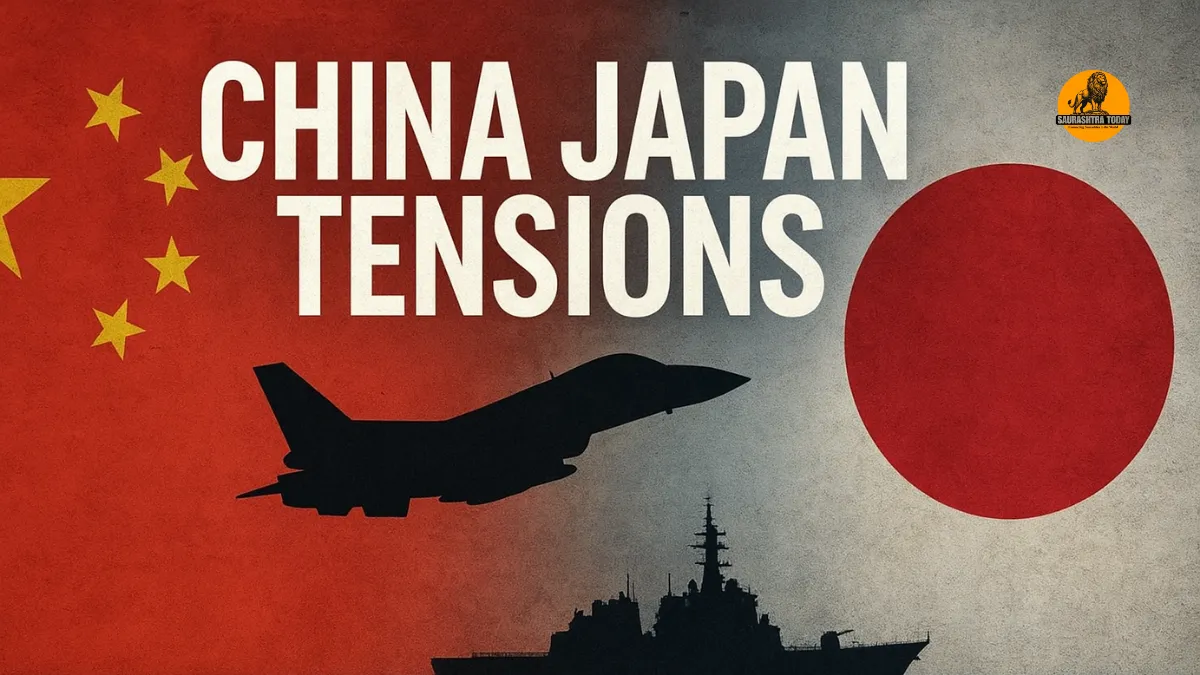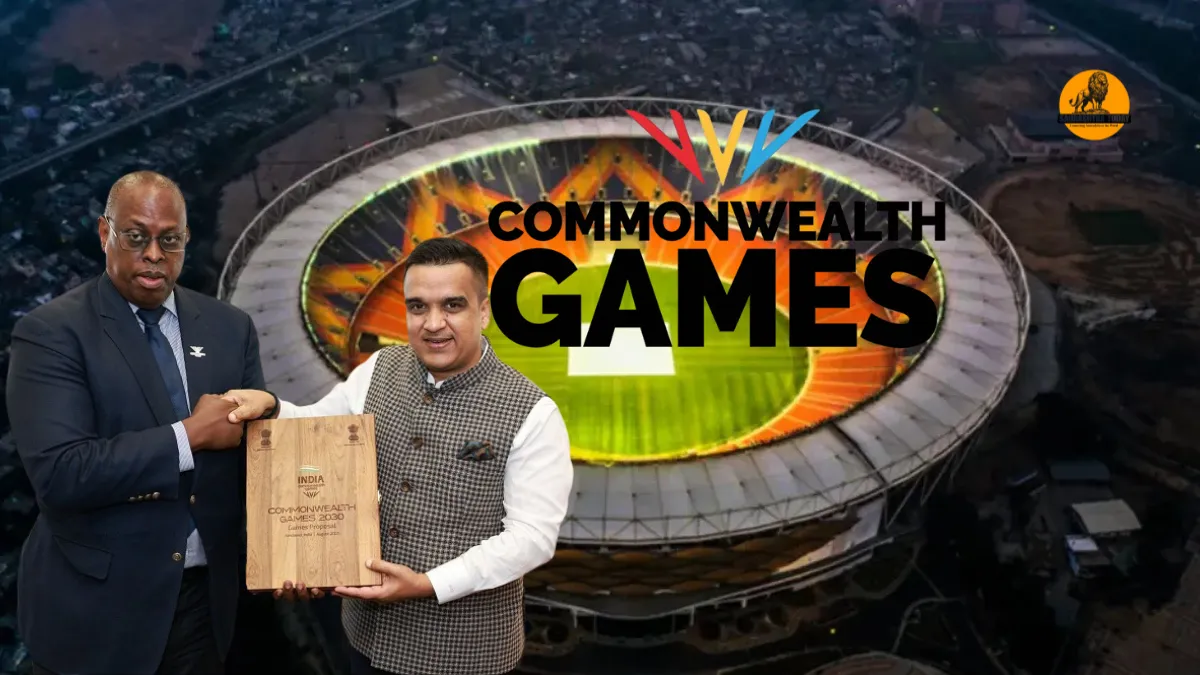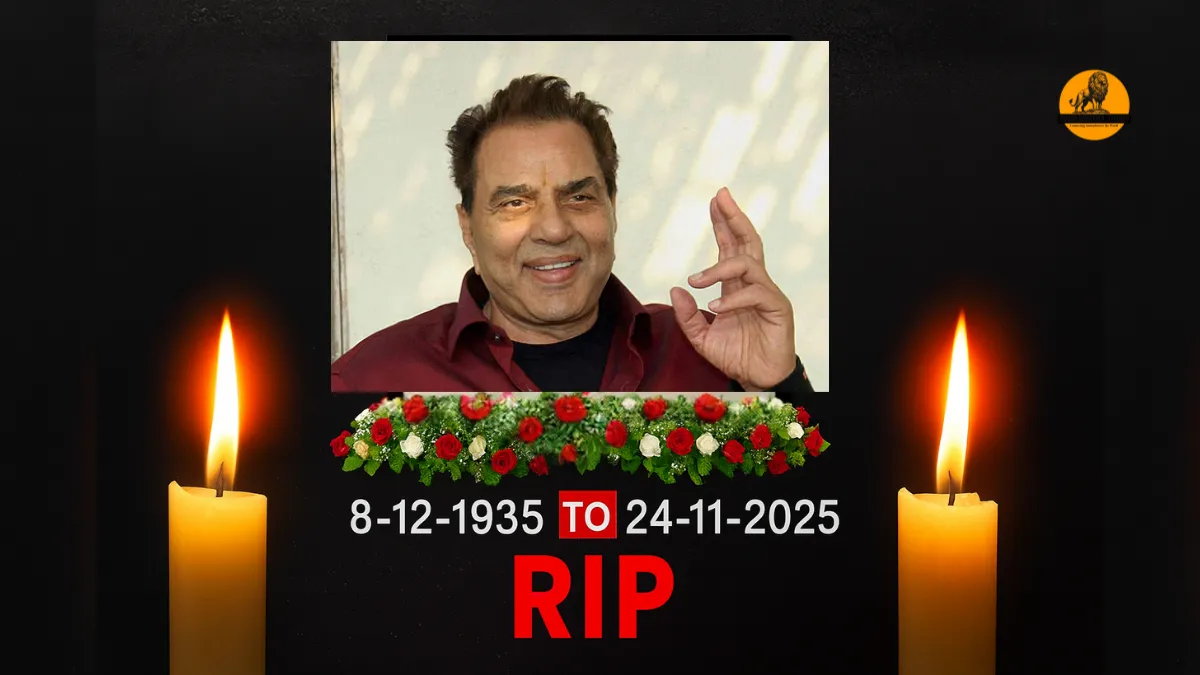Stockholm, October 8, 2025 – Win 2025 Nobel Prize: The Royal Swedish Academy of Sciences has awarded the 2025 Nobel Prize in Physics to three distinguished scientists — John Clarke, Michel Devoret, and John Martinis — for their pioneering discoveries in macroscopic quantum mechanical tunneling and energy quantization in electric circuits.
The award recognizes their revolutionary work in quantum mechanics, which has opened new doors for the development of next-generation quantum technologies such as quantum cryptography, quantum computing, and quantum sensors.
Nobel Prize in Physics 2025: Recognizing Quantum Innovation
The Nobel physics prize, one of the most prestigious honors in science, comes with a prize sum of 11 million Swedish crowns (approximately $1.2 million USD). The amount is traditionally shared among the winners when multiple laureates are honored.
According to the official statement released by the Royal Swedish Academy of Sciences, the research conducted by Clarke, Devoret, and Martinis marks a major step forward in understanding how quantum mechanical effects can manifest at a macroscopic scale — a discovery that has direct implications for the future of computing and communication.
“This year’s Nobel Prize in Physics has provided opportunities for developing the next generation of quantum technology,” the Academy said, highlighting that these breakthroughs could redefine how information is stored, processed, and transmitted in the coming decades.
Pioneers of Quantum Circuits
All three laureates are based in the United States and have contributed decades of work to the field of quantum physics and superconducting circuits. Their research focuses on demonstrating that quantum mechanical phenomena, once thought to exist only in microscopic particles, can also occur in large, engineered systems — a principle crucial for the design of modern quantum computers.
By observing quantum tunneling and energy quantization in electric circuits, these scientists have provided the foundation for technologies that could revolutionize everything from secure communication systems to high-precision sensors.
Legacy of the Nobel Prize in Physics
The Nobel Prize was established through the will of Alfred Nobel, the Swedish inventor and industrialist who created dynamite and left his fortune to honor those who “conferred the greatest benefit to humankind.” Since 1901, the Nobel Prizes have recognized excellence in science, literature, and peace, with economics being added later as a category.
Physics was the first field mentioned in Nobel’s will, reflecting its importance during his time and its ongoing influence today. The Nobel Prize in Physics remains one of the most coveted awards in the world, celebrating discoveries that expand human understanding of the universe.
Over the years, it has been awarded to some of the most iconic names in science, including Albert Einstein, Pierre and Marie Curie, Max Planck, and Niels Bohr, whose groundbreaking work in quantum theory laid the foundation for many modern innovations.
Last Year’s Nobel and the Rise of AI:Win 2025 Nobel Prize
The 2024 Nobel Prize in Physics was awarded to John Hopfield of the United States and Geoffrey Hinton, a British-Canadian scientist, for their influential contributions to machine learning — the field that sparked the ongoing artificial intelligence revolution.
Their research helped build the foundation for today’s neural networks and AI models, transforming industries from healthcare to finance. Interestingly, both laureates also expressed concerns about the ethical and social implications of AI — a reminder that technological progress often comes with deep moral questions.
Also read: Nobel Prize News 2025: Medicine Awarded to Two Americans and One Japanese Scientist
Connection Between Physics and Medicine: Nobel Prize Immune Discoveries
This year, physics was the second Nobel Prize announced, following Monday’s award in medicine, which recognized two American and one Japanese scientist for their breakthroughs in understanding the immune system.
The Nobel Prize immune discoveries have shed light on how the human body detects and fights infections, offering new possibilities for vaccine development and disease treatment. These medical achievements complement the advances in physics, as both fields ultimately aim to improve human life through scientific innovation.
Upcoming Nobel Announcements and Ceremony
The next major announcement will be the Nobel Prize in Chemistry, expected on Wednesday, followed by the Nobel Peace Prize on Friday, which will be presented at a separate ceremony in Oslo, Norway.
The Nobel Prize in Literature and the Sveriges Riksbank Prize in Economic Sciences will also be revealed later this week, completing the series of 2025 Nobel announcements.
All Nobel laureates will receive their medals and diplomas from the King of Sweden on December 10, the anniversary of Alfred Nobel’s death. The ceremony will take place at Stockholm’s Concert Hall, followed by a grand banquet at City Hall, attended by royalty, diplomats, and global scientific leaders.
A Celebration of Human Curiosity and Progress
The recognition of Clarke, Devoret, and Martinis in the field of quantum mechanics underscores how far humanity has come in understanding the laws of nature. Their discoveries bridge the gap between theoretical physics and practical technology, setting the stage for the next wave of quantum innovation.
As the world enters an era where quantum computers, cryptographic systems, and sensors will play a key role in everything from national security to climate modeling, this year’s Nobel Physics Prize reminds us that curiosity and collaboration remain humanity’s greatest tools for progress.

















